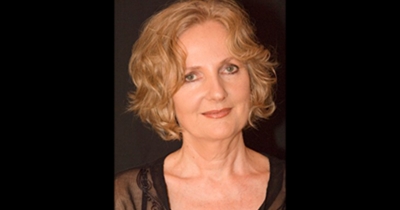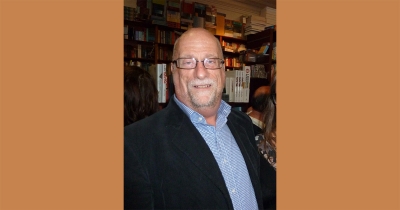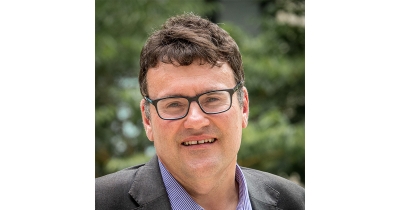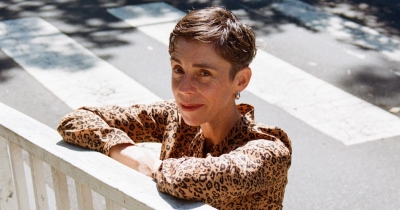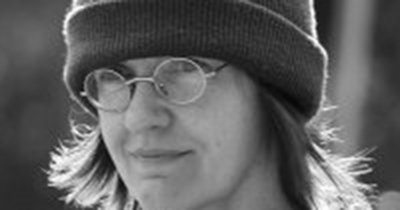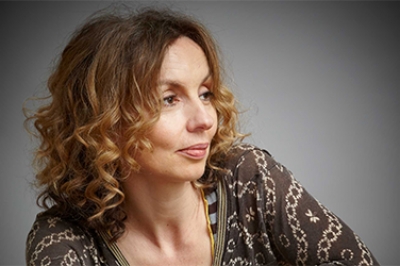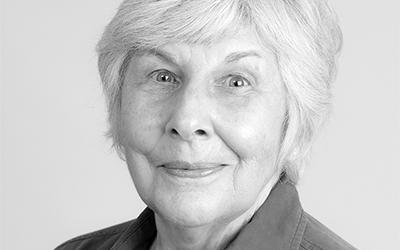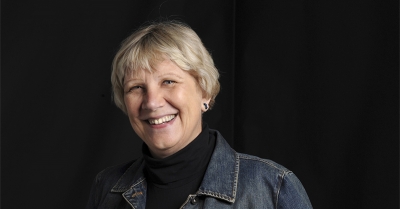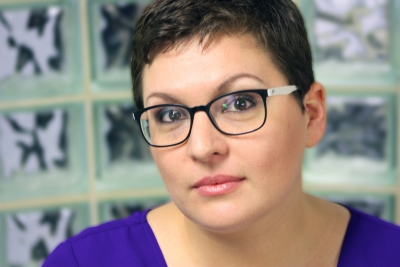Critic of the Month
Robyn Arianrhod is a science writer, and an affiliate of Monash’s School of Mathematics. Her reviews have appeared in Australian Book Review, The Age, Times Higher Education, The Mathematical Intelligencer, Cosmos, and Notices of the American Mathematical Society. Her latest book is Vector: A surprising story of space, time, and mathematical transformation (UNSW Press, 2024).
... (read more)Ian Dickson reviews theatre and books for ABR and is the co-author of the musical Better Known As Bee. As a schoolboy, visiting London in the 1960s to catch Saturday matinees, Ian developed his obsession with the performing arts, which followed him through degrees at the University of NSW and Yale. A lifetime spent one way or another around the theatre has made him understand the importance of the critic to make a record of that most ephemeral art.
... (read more)Frank Bongiorno is a historian based at the Australian National University in Canberra. His most recent book, Dreamers and Schemers: A political history of Australia, won the Canberra Critics Circle Award for Non-fiction, ACT Book of the Year, and the Henry Mayer Book Prize. He is president of the Australian Historical Association and the Council of Humanities, Arts and Social Sciences.
... (read more)Catriona Menzies-Pike is a writer and editor based in Vancouver. In 2023, she won the Walkley-Pascall Prize for arts criticism. Between 2015 and 2023, she was Editor of the Sydney Review of Books.
... (read more)Diane Stubbings is a writer and critic based in Melbourne. Her plays have been shortlisted for a number of Australian and international awards, and staged in Sydney, Melbourne and New Zealand. She has written for Australian Book Review, The Australian, The Canberra Times, and the Sydney Review of Books. Her study of Irish Modernism was published by Palgrave.
... (read more)A distinction needs to made between the critic and the book reviewer, because not all reviewers are critics. The reviews that run in the literary pages of newspapers – plot synopsis followed by puffery or condemnation – bear little relation to criticism, not least because critics read closely while reviewers tend to speed-read. Criticism is an art, and the finest criticism should be equal to its subject: a good critic should have a distinctive voice, a good ear, and a strong style. I like audacity and eccentricity in criticism, and I particularly admire those critics who are alert not only to the words on the page but to the ‘unconscious’ of the text – what is elided, repressed or not quite expressed in the writing.
... (read more)Don Anderson taught American, Australian, Irish, and English Literature at the University of Sydney from 1965 to 2000. Since 1982 he has written for ABR more than sixty times. His reviews and essays have also appeared in The Age Monthly Review, The Bulletin, Weekend Australian, Sydney Morning Herald, Southerly, Meanjin, Quadrant, The National Times, Westerly, Island, and The Independent Monthly. His critical writings are collected in Hot Copy (1986), Real Opinions (1992), and Text & Sex (1995).
... (read more)In September 2013, six months after returning to Australia after forty-eight years away, mainly in the United States, I wrote a piece for ABR on being a returning expatriate. Actually, this wasn’t my first piece for the journal (that was a review of a biography of Ryszard Kapuściński seven months earlier), but it was a piece that had particular importance for me. Rereading it recently, I was struck both by the conversational tone, as if I already thought ABR readers were my friends, and by the underlying seriousness of the effort to explain myself. I didn’t write like that for American publications.
... (read more)It would be good if editors and publishers took smarty-socks reviewers to task occasionally – probably not in public – if said reviewers go on about falling standards in proofreading or editing. Reviewers should, I think, be aware that the course of publishing never did run smooth – maybe with a difficult author, editing disasters, or horrible scheduling problems – and cut a bit of slack accordingly. I’d also like to see readers engage with reviewers, especially if they have read the book and feel the critic’s comments have been unfair.
... (read more)Beejay Silcox began writing for ABR in September 2016 after infiltrating a Trump rally in rural Virginia. In 2018, she was ABR’s Fortieth Birthday Fellow. Her literary criticism and cultural commentary appears in national and international review publications.
... (read more)
